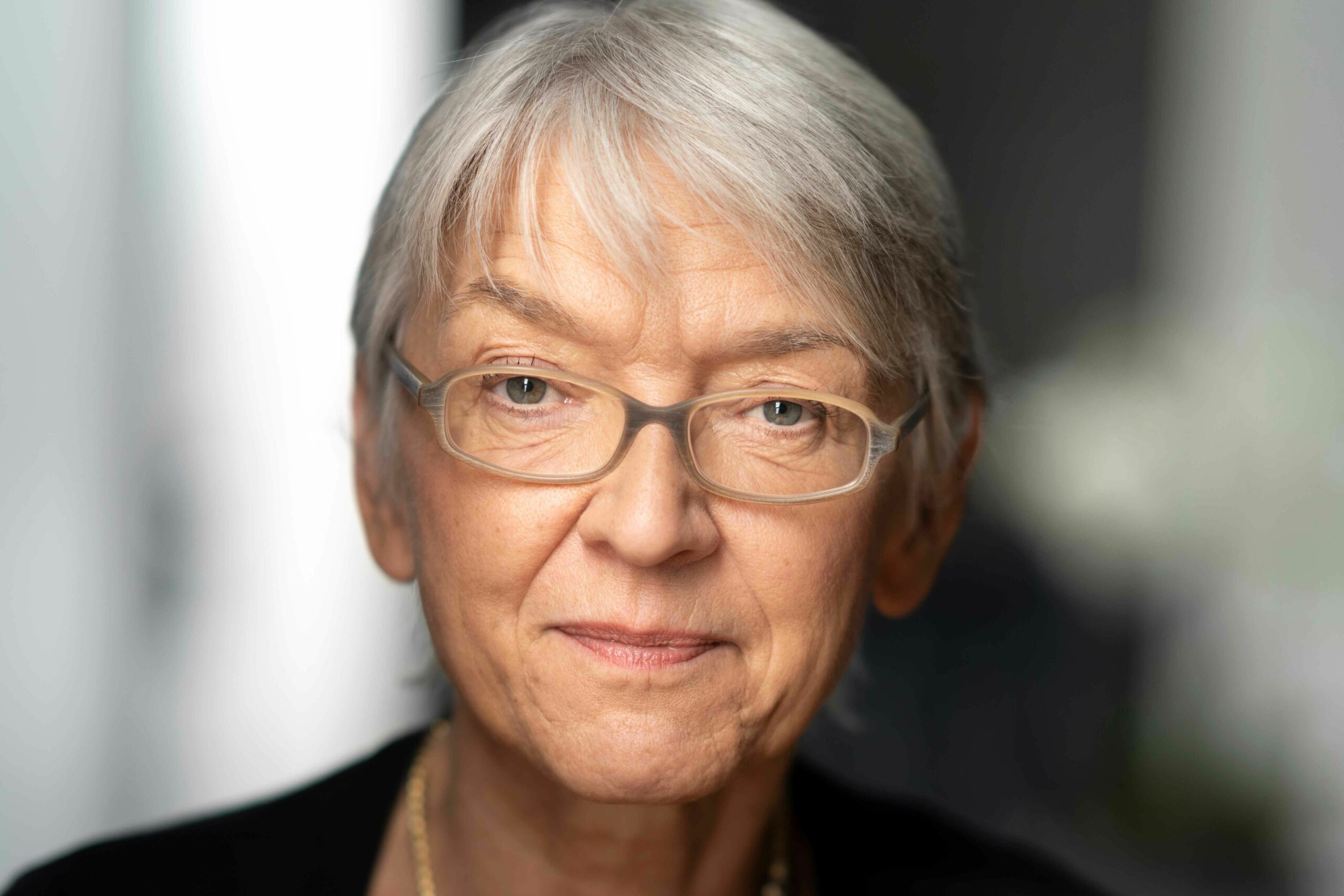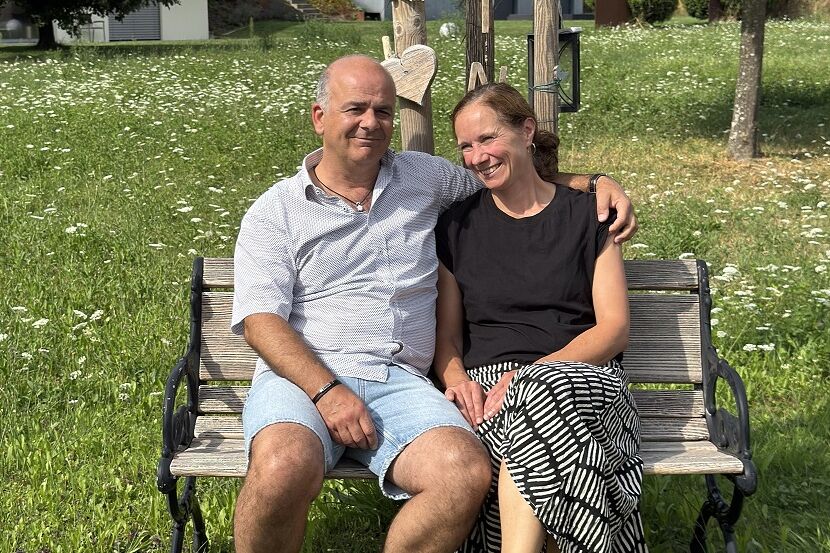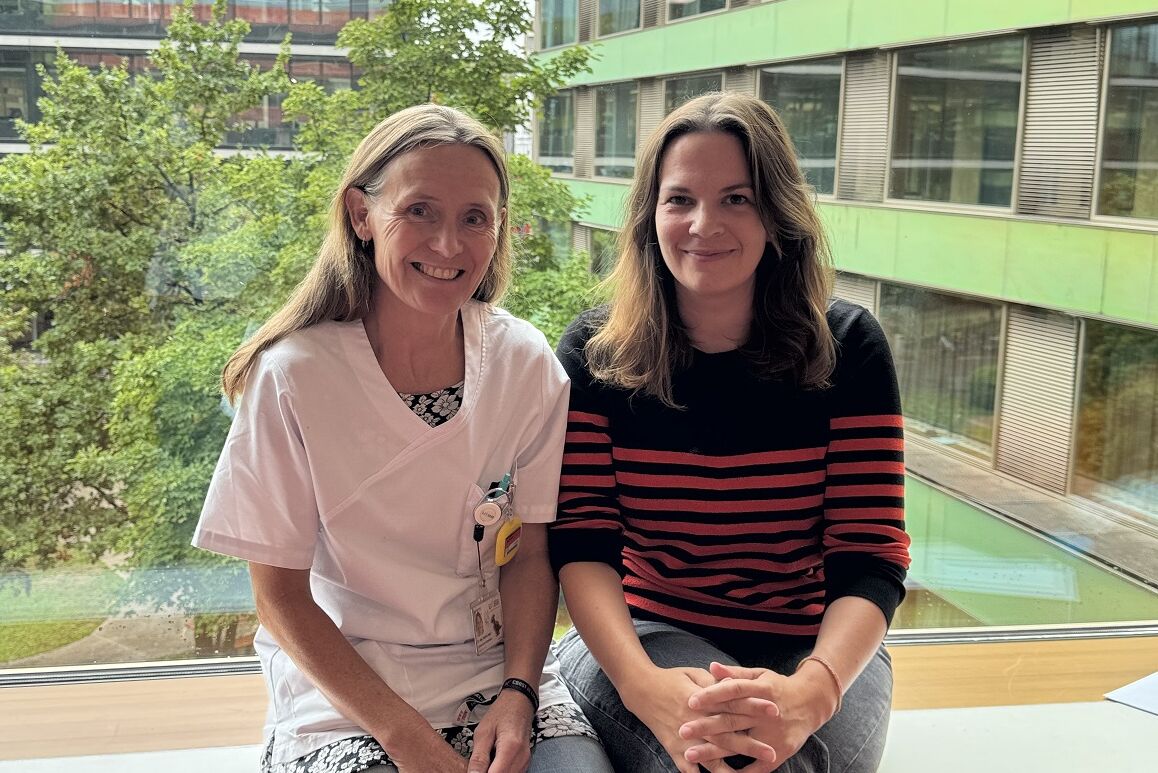When a child is diagnosed with cancer, the whole family’s world is turned upside down. From one day to the next, hospital stays, therapies and an emotional rollercoaster between hope and fear dominate everyday life. Childhood cancer medicine has made great headway in recent decades, but intensive treatment does not always achieve the desired results. For some families, the painful moment comes when it becomes clear that the therapy is not working; that hope will not be fulfilled. This then poses the question of how the remaining time can be used. This is when, in addition to medical care, closeness, security and quality of life increasingly become the focus of attention.
When there is no cure – paediatric palliative care
It is a word parents understandably do not want to hear – ‘palliative’ – because it is directly associated with dying. In many cases, paediatric palliative care does not begin in the final stages of life but can be integrated into the treatment process at an early stage. It brings security, reduces fears and opens up opportunities to consciously shape the time that remains. The focus is always on quality of life and support for the entire family. For children, this can mean playing, laughing, experiencing closeness and regaining some of their everyday routine. For parents, it means not having to deal with everything on their own. Unlike adult medicine, paediatric palliative care is for children and adolescents – effectively, people who are just starting their lives. They have friends, go to school, are planning their future. When this life is foreshortened by a disease such as childhood cancer, the entire family system is upended. Paediatric palliative care therefore provides affected families not only with medical support, but also psychosocial and ethical support. It takes the child and their wishes and needs seriously and supports parents and siblings – until the child’s death and beyond.
“Early palliative care creates space for life”
Eva Bergsträsser, MD, Head of Paediatric Palliative Care at the University Children’s Hospital Zurich
Integrating grief into life
For many parents, grief does not begin with the death of a child – it is often already evident during the illness, when hopes start to fade and the end becomes more apparent. During this time, parents have to simultaneously say goodbye and be there for their sick child. They have to make the child and their siblings feel safe and secure. And they have to do all this at a time that is marked by great uncertainty, fear and emotional overload for them. Often, the actual grieving process only begins after death and the funeral, when there is more space for it. The grieving process does not follow a linear path; it changes. At times it is overwhelmingly intense; at others, it is softer and more restrained. But grief remains a constant companion and shapes the lives of the affected families in different ways. It is not about “letting go”, but rather about giving the deceased child a new place in the family.
Loss as part of a new life
In this difficult situation, families need support that will give them relief, accept them and above all not judge them. People who have been in such a situation often describe how helpful it is to have people around them who listen, accept and are there when they need them. Some find solace in rituals or deliberately crafted memories, others in interacting with people who have had similar experiences. It is important to remember that there is no “right” or “wrong” way to grieve; every family has to find its own way. For them to be able to do that, they need support that encourages them to allow themselves to grieve, consciously shape their memories and slowly integrate their loss into their lives.
There are various options available in Switzerland. For example, some member organisations of Childhood Cancer Switzerland offer dedicated bereavement groups or events for parents and, in some cases, siblings of children that have died from cancer. The palliative care teams in hospitals also remain important points of contact for many families after the death of a child. In addition to professional services such as paediatric palliative care and other initiatives, the family’s close environment provides equally important support: relatives, friends, neighbours and schools can help affected families to gradually find their way back to everyday life by supporting them, taking some of the pressure off them and simply being there for them – with grief as an integral part of this new life.
“Sina wanted us to keep on living”
Patricia and Benno Schnarwiler talk about how they are trying to cope with the grief of losing their daughter Sina, what they wish for, and what might help other parents in a similar situation.
Support from those around them – what really helps families
The social environment plays a crucial role when a child is diagnosed with cancer or dies from the disease. It is often seemingly small gestures and concrete offers of help that make everyday life easier: shopping, cooking, driving services or looking after siblings. Relatives, friends and neighbours also provide an invaluable service by listening, being patient, offering emotional support and maintaining contact with families – without offering premature or unsolicited advice. Many parents take consolation from the fact that their child is not kept out of the conversation but remains present. Schools and employers can also provide support by being understanding and flexible. If all these people and institutions manage to stay in touch with the families and take a sensitive approach to asking them what they need and how they are doing, this can play a crucial role in ensuring that they do not feel abandoned with their grief and that their child is not forgotten. The new digital information platform from Childhood Cancer Switzerland, which provides support and guidance on all aspects of living with and after childhood cancer, also offers valuable tips and suggestions on this very topic.
Grieving siblings
Siblings often suffer too – silently, which is why it often goes unnoticed. For them, the serious illness or ultimately death of a brother or sister is a particular burden. Their needs often have to take a back seat as everything naturally centres around the sick or deceased child. Many siblings develop feelings of guilt – because they are healthy or because they long for a normal everyday life. Their grief often manifests itself differently from the manifestation of grief in adults: some withdraw, others react angrily or simply need more attention. Their feelings must be taken seriously, and it is imperative that they are involved in family processes – for example, through open discussions, saying goodbye together or being given the opportunity to ask their own questions.
“Every family and every farewell is different”
Kathrin Hauri, MD, is a senior physician and Michèle Widler a psychologist on the Paediatric Palliative Care Team at the University Children’s Hospital Basel (UKBB).
Talking about grief – breaking the taboo
The death of a child is one of the most painful experiences anyone can ever have – and talking about it is still very much taboo in our society. Many people feel uncertain about how to interact with affected families, they avoid the topic, look away or withdraw for fear of saying the wrong thing. For parents, however, this silence is often an additional burden because they are left alone with their grief. A more open approach towards illness, dying and grief could prevent the social isolation that is often felt and would help to support those affected and reduce the fear of not knowing what to say. Many bereaved parents would therefore like to see more openness and interest because this is the only way that these existentially important issues can find their place in our lives and in our society.



